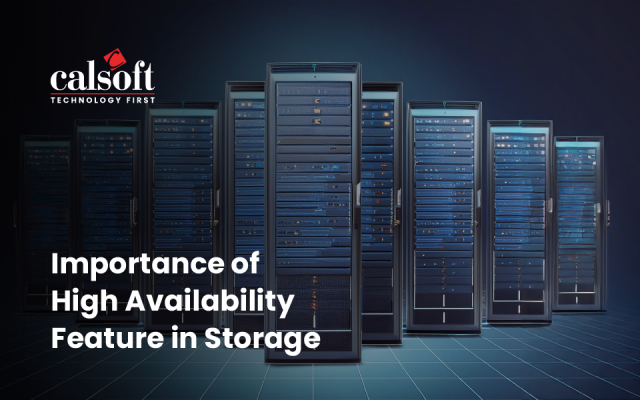The Retail industry is extremely competitive, making it rather difficult for companies to stand out from the pack. This situation has only exacerbated as consumers have moved online, initially to seek convenience but now, out of lockdown and social distancing led necessity. With every company offering an array of products (and services) to meet the modern-day needs of customers, the industry is experiencing a surge of data. Smart utilization of this data is necessary to increase business value and one of the best ways to do this is by focusing on data quality management.
Improved data quality can help the retail sector with actionable insights through which they can cater to the targeted market with a better business proposition and enhanced customer experience.
Why is data quality management critical for retailers?
In the Retail industry, data about customer needs, market dynamics, and competition is continuously generated from millions of data points. Bad quality data means decisions will be made on incorrect, duplicate, and improper data.
Let’s take the example of bad quality customer data and its impact on marketing decisions. If the data that has been collected consists of unclear demographics or wrong choices, retailers will end up wasting humongous amounts of time in trying to reach out to customers with uncertain messages – when they could have spent that time on more critical, business value-driving tasks.
On the flip side, good quality data ensures retailers unearth the right insights and make the right decisions. With the right data, companies can get more ROI from each campaign they execute while delivering better results through targeted messaging and offers. Therefore, to reap the benefits of data and avoid the risk of falling behind, data quality management is critical. The better the quality, the more retailers can get out of it.
Effective data quality management in retail can:
- Aid in the decision-making process across marketing, product development, inventory control, finance, and other areas while reducing the risk of bad decisions.
- Deliver a competitive advantage by discovering opportunities (and threats) before the competitors do.
- Increase profitability by focusing on building bundles (and content) that bring in the most revenue.
- Improve the accuracy of machine learning and artificial intelligence algorithms to quicken the pace and responsiveness of business decision-making.
- Achieve compliance as regulations regarding data continue to evolve and become more onerous.
- Build accurately targeted advertising campaigns and develop messaging that appeals to the right people at the right time and the right place.
- Improve the quality of product content being delivered to customers while improving the effectiveness of timed campaigns.
- Boost the relationship with customers through a deeper understanding of their preferences, interests, needs, and wants.
- Help make correct product recommendations based on when customers visit the site, what products they surf, and where they are in the purchasing journey.
- Ensure the right level of inventory based on an analysis of how much customers are going to buy and optimize operating costs.
Tips for effective data quality management
If there is one reason why retail giants like Amazon have been so successful, it is because quality data is woven into their DNA. The right data can not only help retailers in deciding what to sell, but also whom to sell it to, how to sell, and more. They can leverage data to understand customers, incorporate new product features, enhance business processes, track inventory, personalize experiences, and improve engagement.
Collecting high-quality data can be tough, especially when data is dispersed across different departments, applications, and systems. Manual data entry efforts and a lack of proper tools can also further bring down the quality of data. Here are some tips to build an effective data quality management strategy:
- Begin by setting appropriate data quality standards and determine which data to keep, which to correct, and which to get rid of.
- Avoid manually collecting or processing data; use automation for all steps to eliminate errors and quicken time-to-value.
- Have systems and processes in place to integrate (and distribute) data across various departments and business stakeholders.
- Don’t look at improving data quality as a one-time effort; make it continuous and set goals for ongoing data collection and improvement.
- Use modern data management tools to automate the process of detecting (and correcting) inconsistencies within the key data sets that power your business.
- Focus on building a data-driven culture across the enterprise and empower teams to make decisions solely based on evidence – and not intuition.
Data is now key to successful retailing. Embracing the right approach to data quality management can go a long way in helping retailers meet business goals and exceed customer expectations. With the right data, you can not only get a full picture of your audience, but also use it to power all your decisions. This would have been a crucial advantage at the best of times, but in the age of COVID-constrained opportunities, this may have become vital to retail success.






